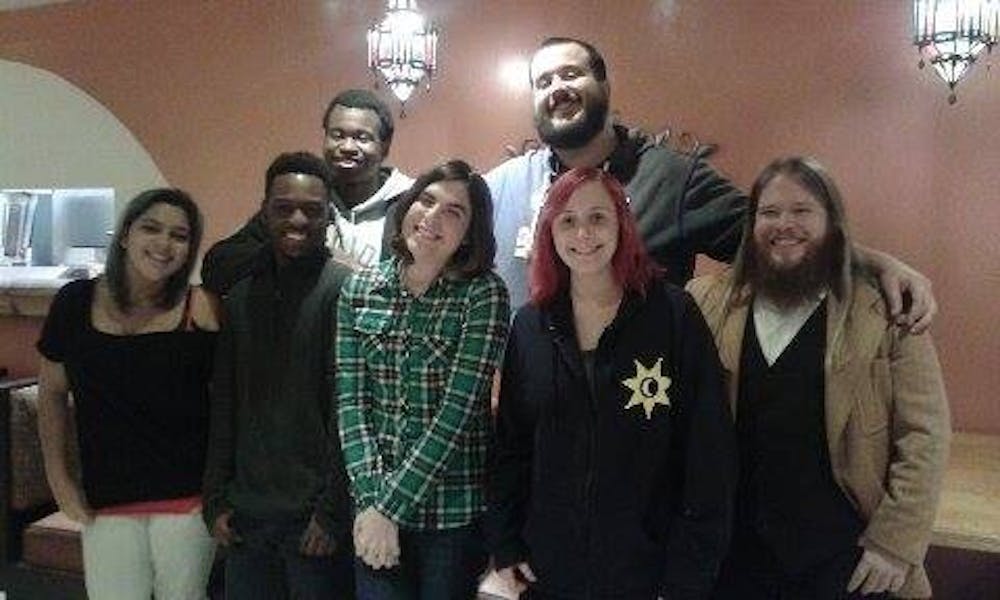Danielle Talley has been huge video game fan since high school, when The Legend of Zelda and World of Warcraft consumed her time. It’s only natural that the fifth-year computer engineering student's interest in playing games would expand into designing them — an activity she decided to share with other students, when she started USC’s Carolina Gamers Club a semester ago.
“There was a club that’s just centered around competitive gaming, but I wanted a club that was all-inclusive, and also had a design aspect, because not even the school offers video game design.” Talley said.
Carolina Gamers Club, or CGC, is open to gamers and designers of all skill levels, and is populated by a number of novices as well as experts. Because a lot of game designing software is free, game design is actually a relatively accessible hobby to those willing to devote time to it.
CGC meets on Wednesdays at 7. They spend the first hour talking about video game design, letting people pitch their game ideas, and coming together as teams to build the games, which efforts culminate at the end of the semester when the games are finished and taken to conferences. This year, the games will be shown at Indie Bits, a conference that takes place as part of Indie Grits in Columbia. For the second hour?
“We just play games,” said Talley. “Sometimes we do trivia night, sometimes we’ll do special theme stuff.”
Computer information systems student Spencer Powell, who serves as vice president of the club, sees possibilities for the club beyond USC. The club already has a relationship with nationally-known game studios, and could serve as an avenue toward internships, and eventually even jobs.
“We already have contacts with Activision,” said Powell, “and we’re trying to get a relationship going with other studios, like Riot or EA, because it’s so hard to get into the video game industry starting out.”
A number of debates are alive with regard to the video game design industry — for one, whether or not game design is an art.
“It is an art, in my opinion,” said Powell. “Because it’s not just programming. It also involves actual artists, musicians, story designers. All of these things have to come together, and work, and mesh, and then you have a game that’s actually fun to play.”
Unfortunately, the video game world is also infamous for its fierce misogyny. Of course it is among a minority of gamers and designers, but Talley has encountered sexism even on USC’s campus.
“I will say, just from a gaming perspective, if you’re a girl playing an online video game, all the attention is on you,” Talley said, “and you’re either the reason why they’re doing great, or they’re just focused on you sexually, or you’re the reason that everyone’s sucking. [I]t’s kind of interesting, because there’s a lot of woman gamers."
In founding CGC, though, Talley has found a powerful and peaceful way to make an positive impact on the industry and on USC.

